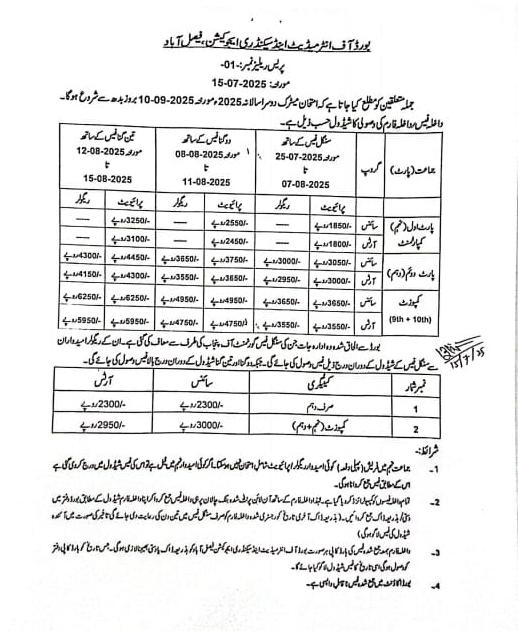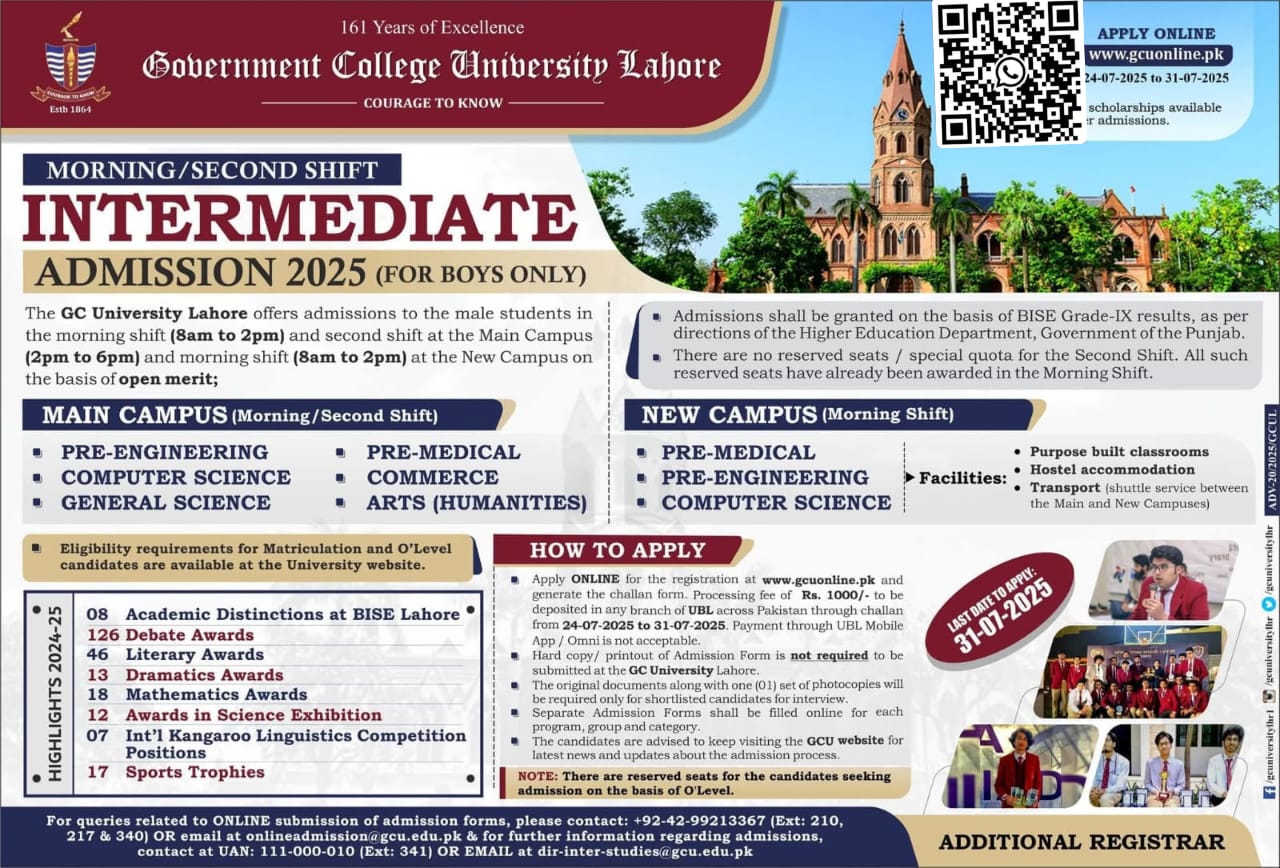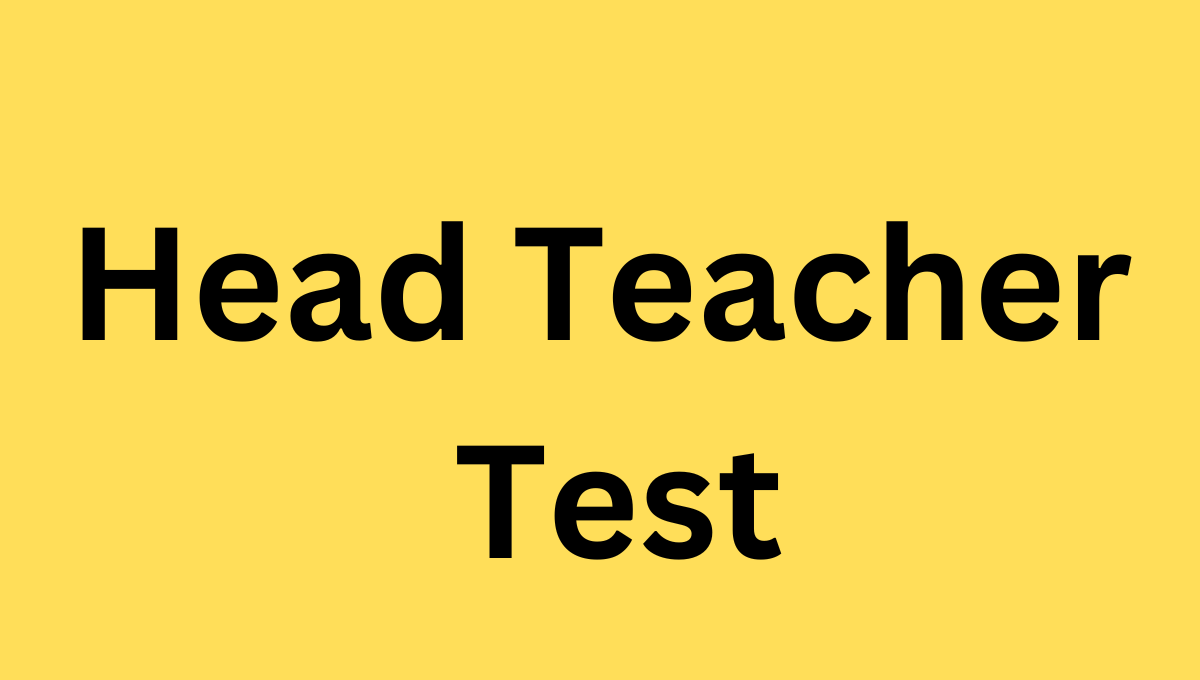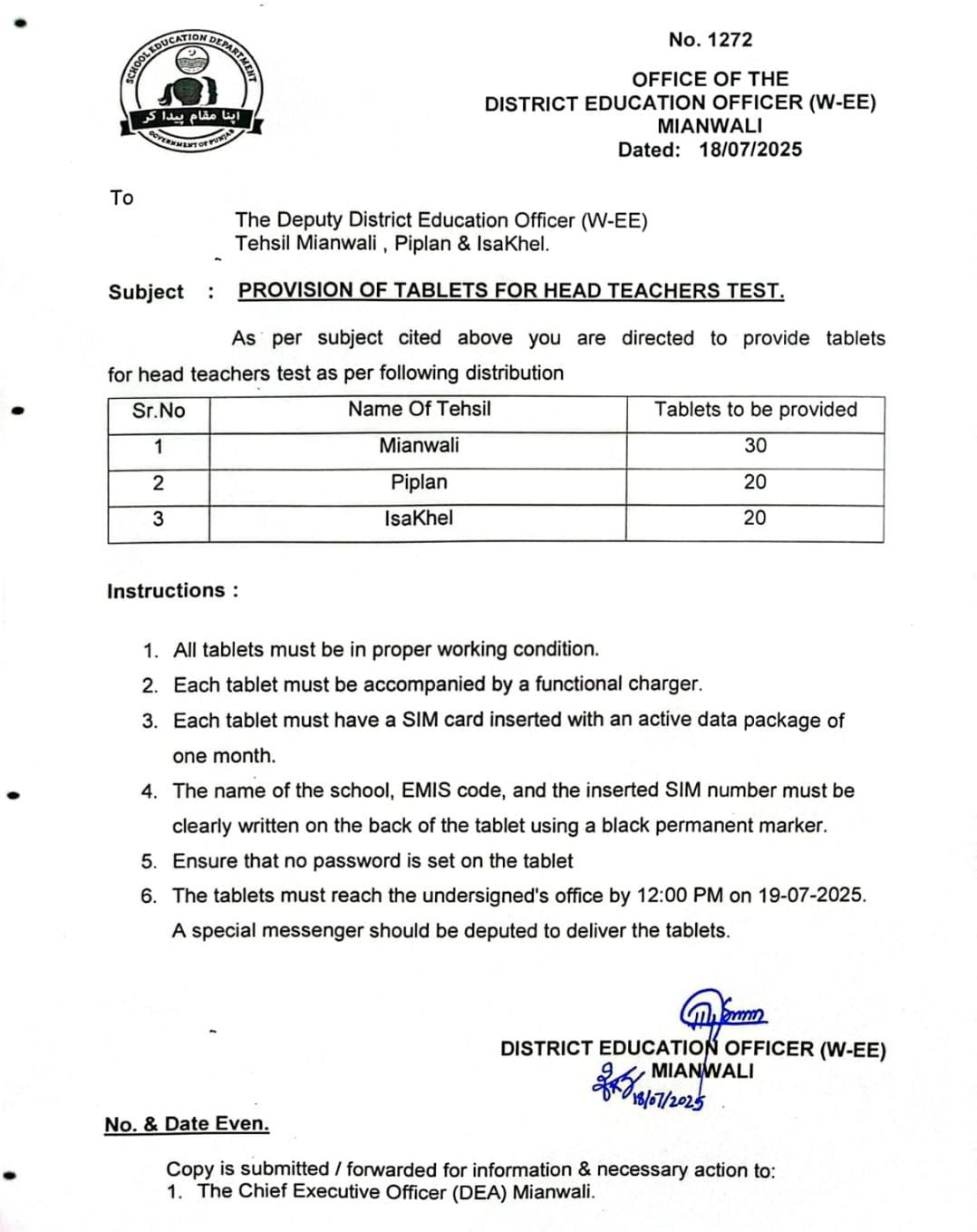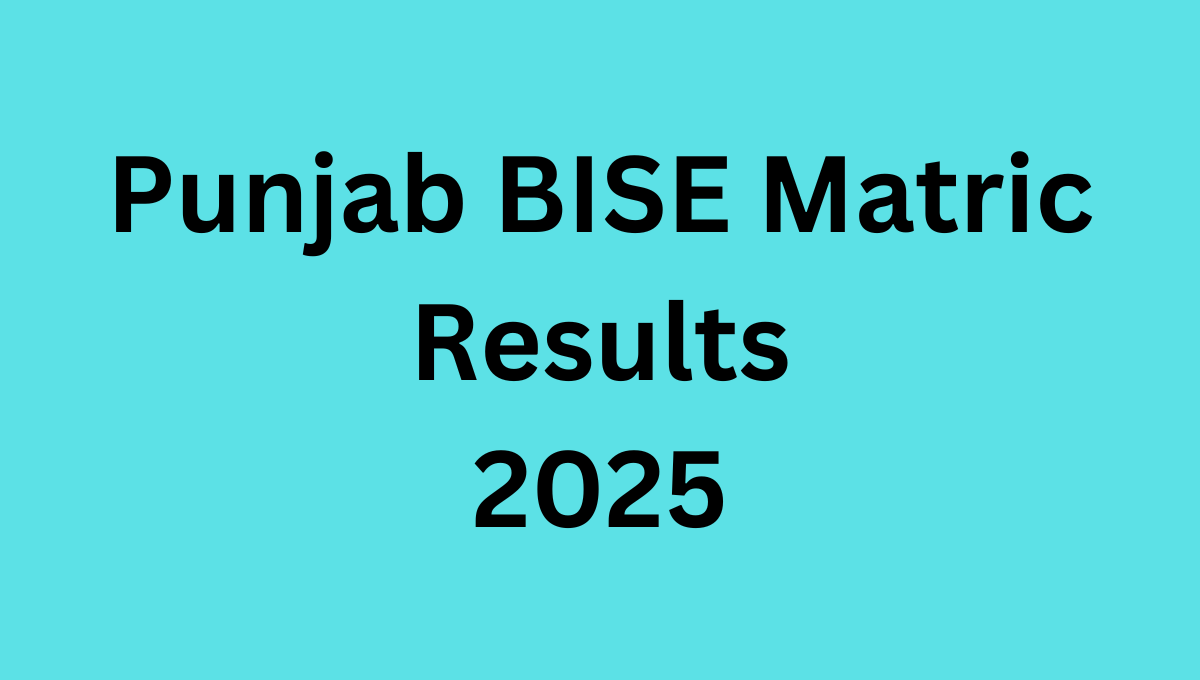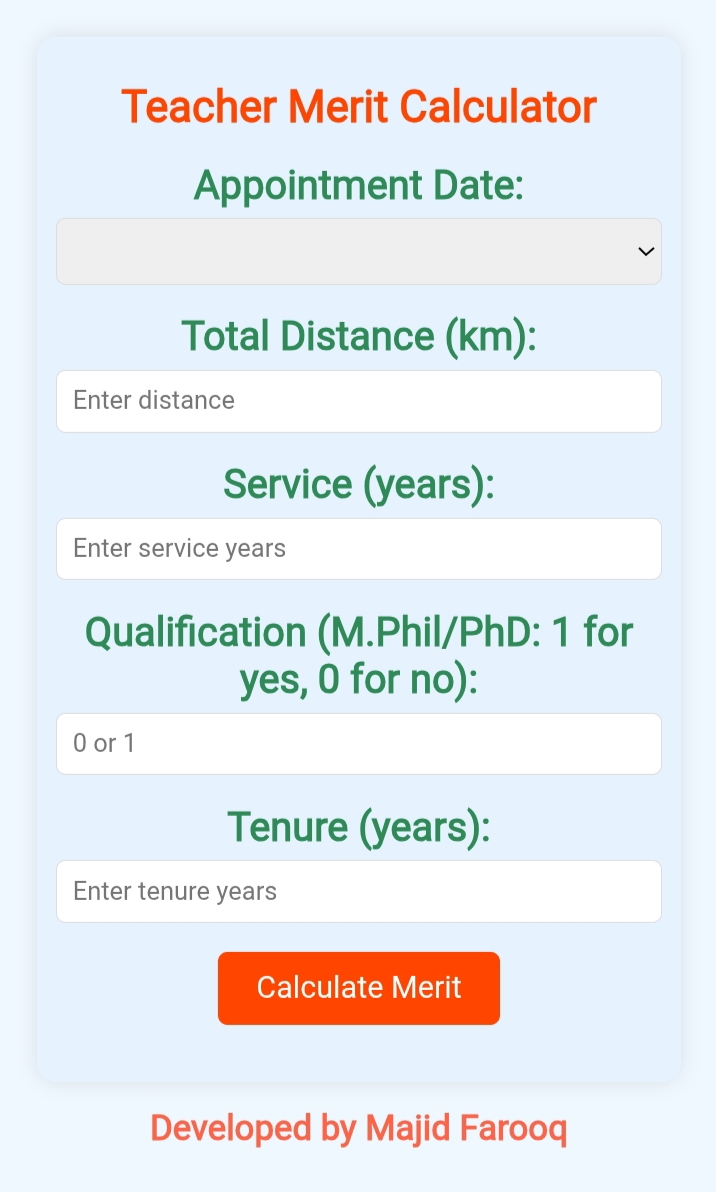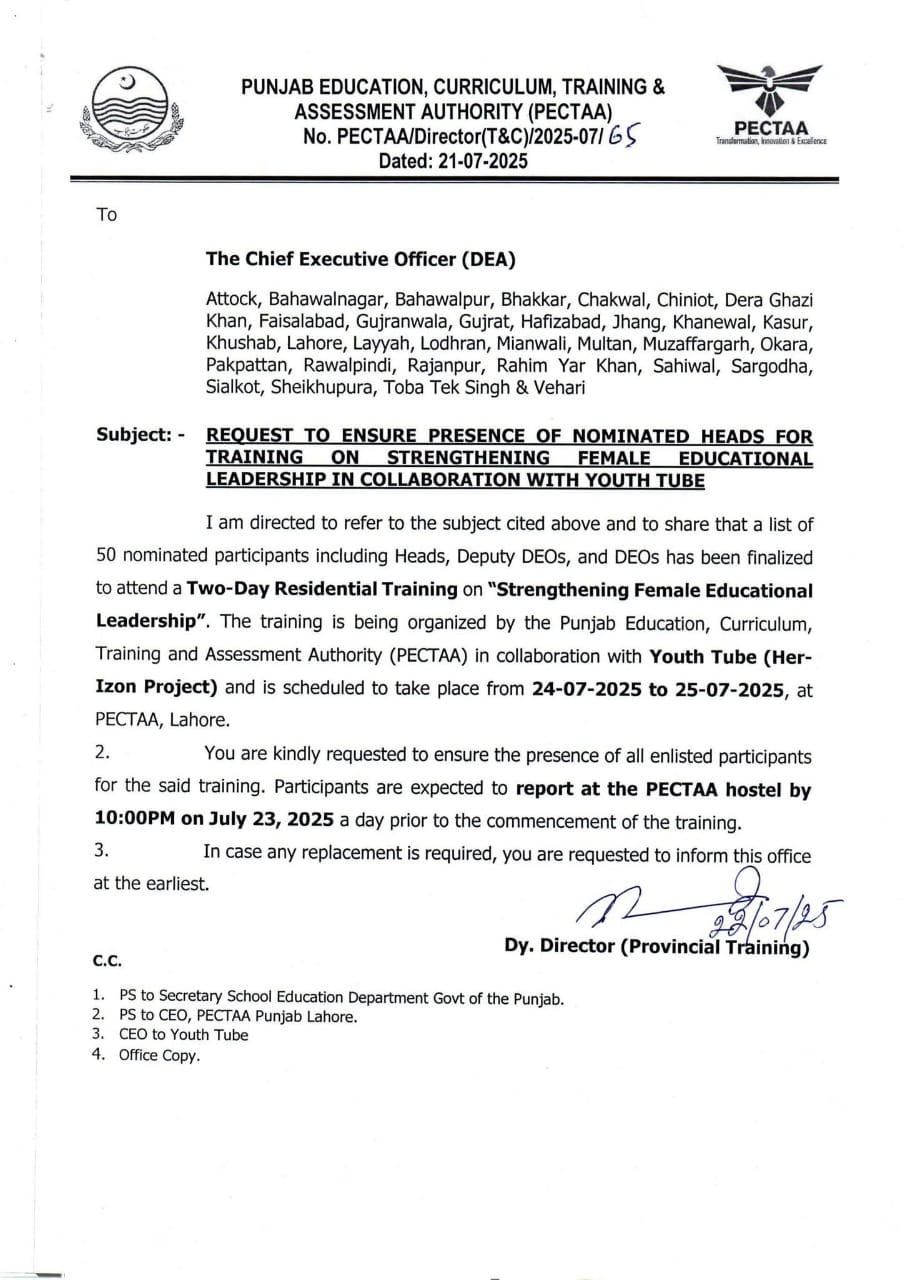High Court Writ Petition Against Head Teachers Test
High Court Writ Petition Against Head Teachers Test: Interviews Postponed Indefinitely
In a significant development that has sent shockwaves through the education sector, a writ petition has been filed in the High Court challenging the Head Teachers Test, leading to the indefinite postponement of interviews for head teacher positions. Additionally, Junior Secondary School Teachers (SSTs) have announced their intent to approach the courts, escalating the controversy surrounding teacher recruitment processes. This article delves into the details of this unfolding situation, its implications, and what it means for educators and the education system.
Background of the Head Teachers Test Controversy
The Head Teachers Test, designed to evaluate candidates for leadership roles in schools, has been a cornerstone of the recruitment process for head teacher positions. However, concerns over the test’s fairness, transparency, and procedural irregularities have prompted legal action. The writ petition filed in the High Court alleges discrepancies in the test’s administration, including issues with the selection criteria and evaluation process.
According to LiveLaw, a trusted source for legal news, writ petitions are often filed under Article 226 of the Constitution to challenge administrative actions that violate fundamental rights or legal procedures. In this case, the petitioners argue that the Head Teachers Test lacks transparency and fairness, potentially affecting the career progression of many qualified educators.
Key Issues Raised in the Writ Petition
The writ petition highlights several critical concerns:
- Lack of Transparency: Allegations of undisclosed evaluation criteria and inconsistent marking have raised doubts about the test’s integrity.
- Procedural Irregularities: Reports suggest that the test process did not adhere to established guidelines, leading to unfair outcomes.
- Impact on Candidates: The petitioners claim that the test’s flaws have disadvantaged qualified candidates, undermining merit-based selection.
- Violation of Rights: The petition argues that the flawed process infringes upon the candidates’ right to equal opportunity in employment.
These issues have prompted the High Court to take the matter seriously, resulting in the indefinite postponement of head teacher interviews until the court reaches a resolution.
Interviews Postponed Indefinitely: What It Means
The decision to postpone interviews for head teacher positions has significant implications for the education sector. Schools awaiting new leadership may face administrative challenges, and candidates who have prepared for these roles are now in limbo. The postponement reflects the court’s cautious approach to ensuring justice and fairness in the recruitment process.
As reported by The Hindu, delays in judicial proceedings related to teacher recruitment are not uncommon, especially when fundamental rights or procedural fairness are at stake. The indefinite postponement underscores the gravity of the allegations and the need for a thorough investigation.
Impact on Stakeholders
The postponement affects various stakeholders:
- Candidates: Aspirants for head teacher positions face uncertainty, potentially delaying their career progression.
- Schools: Institutions may experience leadership gaps, affecting administrative efficiency and academic planning.
- Education Authorities: The education department must address the legal concerns while maintaining public trust in the recruitment process.
- Students: Delays in appointing head teachers could disrupt school operations, indirectly affecting students’ learning experiences.
Junior SSTs Announce Legal Action
Adding to the complexity, Junior Secondary School Teachers (SSTs) have announced their intention to file a separate case in court. Their grievances reportedly stem from similar concerns about recruitment processes, including lack of clarity in selection criteria and alleged favoritism. This development signals growing discontent among educators and could lead to further delays in the recruitment cycle.
According to Times of India, legal challenges by teachers against recruitment processes often arise when there is a perceived violation of fairness or statutory provisions. The Junior SSTs’ decision to approach the court could amplify the scrutiny on the education department’s recruitment practices.
Reasons Behind Junior SSTs’ Legal Move
The Junior SSTs have cited the following reasons for their legal action:
- Unfair Selection Criteria: Claims that the criteria for Junior SST recruitment are arbitrary and favor certain candidates.
- Lack of Communication: Alleged failure by authorities to provide clear updates on the recruitment process.
- Career Stagnation: Concerns that delays and irregularities are hindering professional growth for qualified teachers.
Legal Precedents and Context
The filing of writ petitions against recruitment processes is not new. For instance, a 2024 Supreme Court ruling clarified that writ petitions against private unaided institutions are generally not maintainable unless they involve a public law element or violation of fundamental rights. However, in cases involving public institutions or government-led recruitment, such as the Head Teachers Test, courts have jurisdiction to intervene.
Similarly, the Calcutta High Court’s handling of teacher recruitment issues in West Bengal, as reported by Deccan Herald, shows that courts are increasingly stepping in to address irregularities in teacher appointments. The current case could set a precedent for how recruitment disputes are resolved in the future.
Table: Key Developments in the Head Teachers Test Case
| Event | Date | Details |
|---|---|---|
| Writ Petition Filed | July 2025 | Petition challenges the fairness and transparency of the Head Teachers Test. |
| Interviews Postponed | July 2025 | High Court orders indefinite postponement pending resolution of the case. |
| Junior SSTs Announce Legal Action | July 2025 | Junior SSTs plan to file a case over similar recruitment concerns. |
| Expected Court Hearing | TBD | High Court to review the writ petition and decide on further proceedings. |
Implications for the Education Sector
The ongoing legal battle could have far-reaching consequences for the education sector. Delays in appointing head teachers and resolving Junior SST recruitment issues may disrupt school operations and erode public confidence in the education system. Moreover, the case highlights the need for transparent, merit-based recruitment processes to ensure fairness and accountability.
As noted by SCC Online, irregularities in teacher recruitment, such as those seen in the West Bengal SSC case, can undermine the legitimacy of the education system. Addressing these concerns through judicial intervention is crucial to restoring trust.
Steps to Address Recruitment Concerns
To prevent similar controversies in the future, education authorities could consider:
- Enhanced Transparency: Publish detailed selection criteria and evaluation processes.
- Stakeholder Engagement: Involve teachers and unions in designing recruitment frameworks.
- Timely Communication: Provide regular updates to candidates to avoid uncertainty.
- Judicial Oversight: Ensure compliance with legal standards to minimize litigation risks.
FAQs
What is a writ petition, and why was it filed against the Head Teachers Test?
A writ petition is a legal document filed in a High Court or Supreme Court to challenge actions that violate fundamental rights or legal procedures. In this case, it was filed to address alleged irregularities and lack of transparency in the Head Teachers Test.
Why were the head teacher interviews postponed?
The High Court ordered the indefinite postponement of interviews to thoroughly investigate the concerns raised in the writ petition, ensuring fairness in the recruitment process.
What are Junior SSTs planning to do?
Junior Secondary School Teachers (SSTs) have announced their intent to file a court case, citing unfair recruitment practices and lack of clarity in the selection process.
How will this affect schools and students?
Delays in appointing head teachers could disrupt school administration and academic planning, potentially affecting the quality of education for students.
Where can I find updates on this case?
For the latest updates, visit trusted news sources like LiveLaw or The Hindu for legal and education-related news.
Conclusion
The writ petition against the Head Teachers Test and the indefinite postponement of interviews mark a critical juncture for the education sector. With Junior SSTs also gearing up for legal action, the spotlight is on the need for transparent and fair recruitment processes. As the High Court deliberates, stakeholders await a resolution that upholds justice and ensures the smooth functioning of schools. Stay tuned to Tazinews.com for the latest updates on this developing story.
اہم ترین نیوز👇
💥 ہیڈ ٹیچرز ٹیسٹ کے خلاف ہائی کورٹ میں رٹ پٹیشن دائر۔۔!!
💥 ہیڈ ٹیچرز کے انٹرویو غیر معینہ مدت تک ملتوی کر دئیے گئے۔۔!!
جونیئر ایس ایس ٹیز کا بھی عدالت جانے کا اعلان
